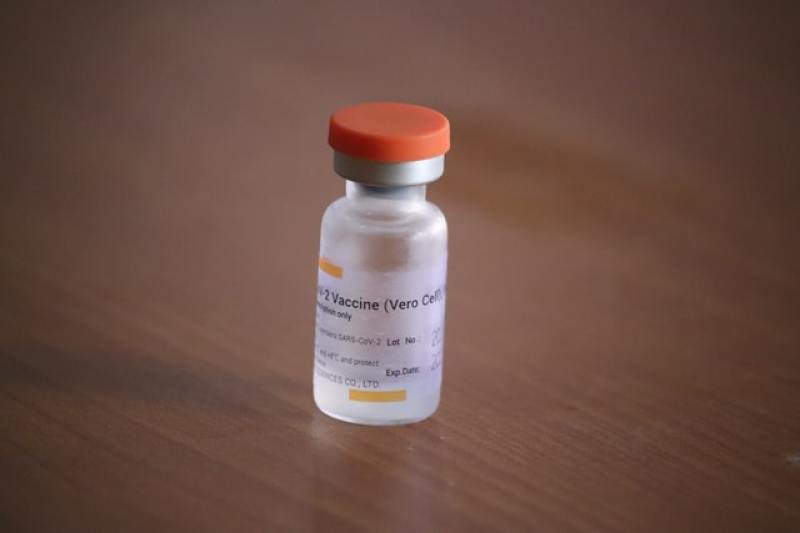
The Food and Drug Administration of Thailand reportedly announced that COVID vaccines from China are defective since it contains "lumps of gel."
Breitbart reported that China's Sinovac Biotech COVID vaccines are defective based on the Thailand FDA's discovery that 110 doses contained lumps of gel that would not dissolve even when shaken. Breitbart said this would make the vaccine unusable.
A report by Coconuts Bangkok on the Thailand FDA announcement said that the agency warns against the use of the Sinovac vaccine due to "lumps of gel" in it that formed due to poor storage handling in its transportation from China.
"Surachok Tangwiwat of the Thai FDA has instructed medical professionals to avoid giving these doses to people and report any abnormalities to the agency immediately. Sinovac must be shaken before use. In the case of these doses, even when shaken, the lumps of gel would not disperse into the liquid, according to Surachok," Coconuts Bangkok said.
The Thailand FDA identified the abnormalities in batch C202105079 of the Sinovac vaccines they received. The vaccines, which expires on November 9, were manufactured on May 19 in China and required a storage temperature of 2 degrees to 8 degrees Celsius.
The vaccines need to be shaken before being administered yet 110 vials showed the lumps did not disappear even after being shaken. The FDA said that it is possible some vials that were administered already also did contain lumps in it but stressed that these are still safe and people need not worry.
Coconuts said Thailand expects to receive millions of Sinovac vaccines this year after already receiving 10 million from China in the past months. Thailand, whose population is 70 million, is said to experience its highest surge and have recorded on Tuesday a total of 254,515 COVID-19 cases with 1,970 deaths, as per Breitbart.
However, Channel News Asia (CNA)pointed out that vaccination rates in Thailand are low due to the lack of confidence the people have with the government and Sinovac, which was predominantly acquired over AstraZeneca's 117,000 vials.
Thais regard any Chinese product as suspicious and treat Sinovac similarly. Add to this much criticism on the vaccine's low protection rate and source of creation being an inactivated dead microorganism.
Plus, the growing dependency Thailand's government is having in China ever since the 2014 coup brought in its Prayut government. CNA said that a "Sinophobia" is now prevalent in Thailand with regards to the Chinese vaccine.
Breitbart highlighted that Sinovac, also known locally in Thailand as "Coronavac," has a protection rate of 50.38% and almost did not reach the World Health Organization's approval threshold of 50%. Breitbart cited that Seychelles and Chile, who prominently use Sinovac, continued to experience surges in coronavirus cases despite having successful vaccination campaigns.
Sinovac, as per Breitbart, have insisted that their protection rate has gone to 80% since their initial release of vaccines last year. The Thailand FDA conducted its own study on the vaccines and have come out with a 71%-91% efficacy for the Sinovac Alpha variant.






























